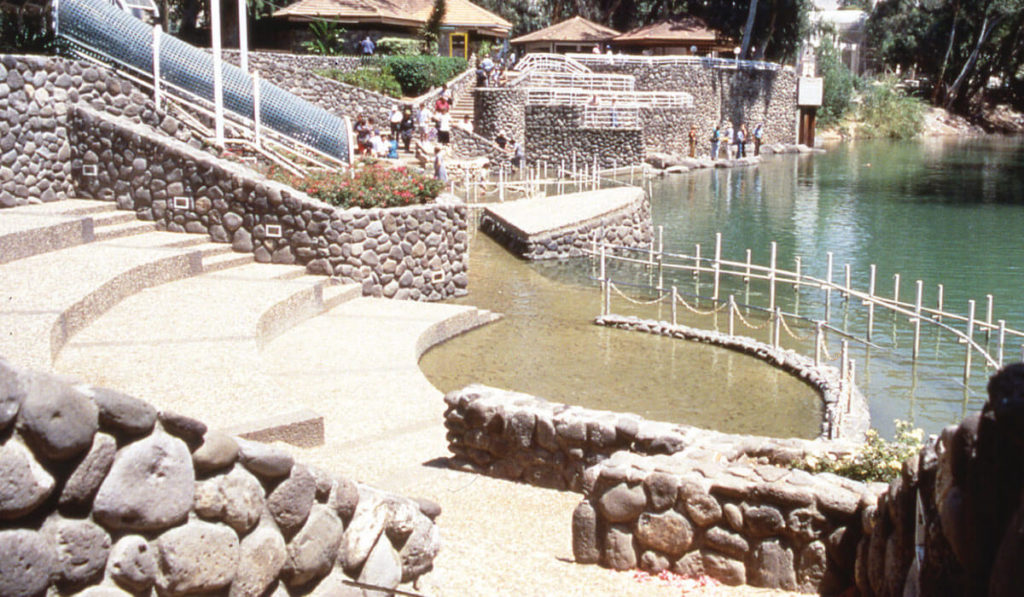
It’s hard to imagine what it must have been like to be a Jewish believer in God in the centuries before Jesus appeared on earth. Tragic events often upend Israel’s hopes and leave the people struggling to find a way forward.
Since the times of Moses more than a thousand years earlier, the people had placed their trust in Yahweh, who set them free from slavery in Egypt in the exodus. The gifts of the commandments and the Promised Land gave them a way and a place to become a people. But every time the people think that they have been delivered from bondage once and for all, some terrible tragedy disrupts their expectations and threatens their hopes. If more powerful nations are not threatening them, the Israelites are quarreling among themselves.
Realizing they do not keep the commandments well enough on their own, they seek leadership. They pray for a mighty king to save them. Along comes David and his son Solomon. Things look good until their descendents prove to be corrupt. The Assyrians invade and overrun the land of the northern tribes. The Babylonians invade, destroy Jerusalem, and carry away many of the leaders of the south to Babylon as captives.
After the exile many people return to Israel, rebuild their temple, and revive their worship, but Greek and Roman conquerors arrive, threatening the temple and their religious identity. By the time of John the Baptist, people wonder where to look for salvation. If God’s salvation isn’t able to come through the land, or the king, or temple worship, or the law, then how and where will it come?
Into this very unsettled state of affairs arrives John the Baptist; so it isn’t surprising that many believers ask, when they listen to his bold and confident preaching, “Is this the one?” They must have been disappointed again to hear John’s emphatic answer, “No!”
- How do God’s actions in Israel’s history reveal about God?
- What leadership do you offer in your faith community? Do you tend to lead more through prayer and solidarity or more through work for charity and justice?
In Sunday’s gospel we hear John the Baptist proclaim the imminent arrival of the messiah. John insists that salvation is not about him and his labors. Whatever success his ministry enjoys will be a credit to the one who baptizes with fire rather than merely with water.
Nobody works with greater zeal and tirelessness than John to make the people ready to welcome Christ. He insists that God’s savior is near at hand. He prods the people to keep looking — yet again.
Finally, finally, as Jesus himself comes up out of the baptismal waters, a visible dove and an audible voice from heaven affirm that, at long last, this is one. “Behold my beloved Son, the reliable gateway to salvation!”
- Some religious people — both in olden days and today — believe that Jesus can be found by performing the right behaviors or by following moral laws rigorously enough. Is that true? What in our religious tradition makes you think so (or not think so)?
- We believe that baptism empowers and claims us for service in the church and in the world. What exactly does baptism empower, and how can we live out our baptisms faithfully?
